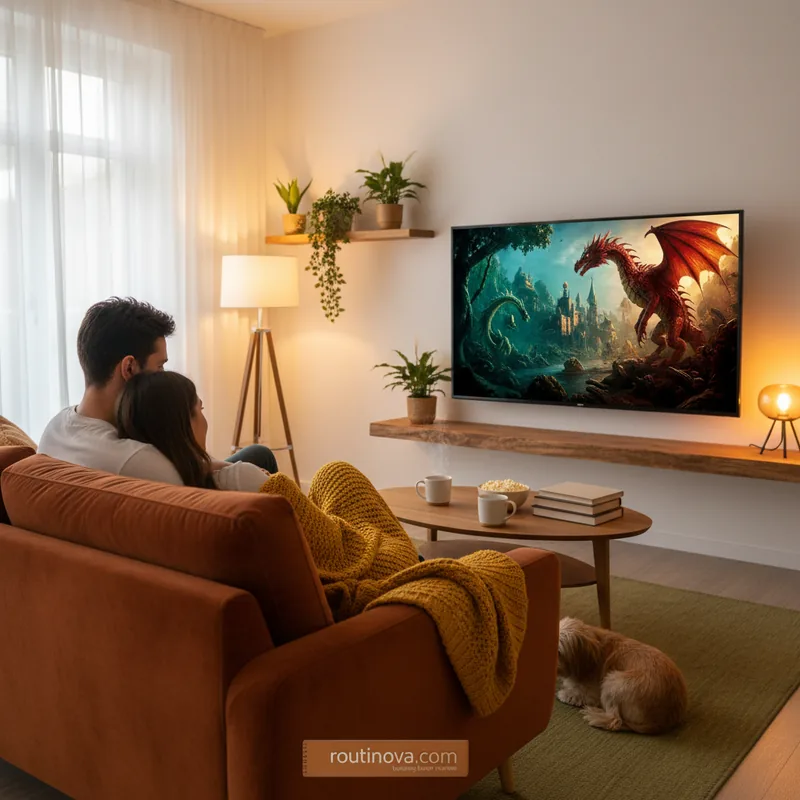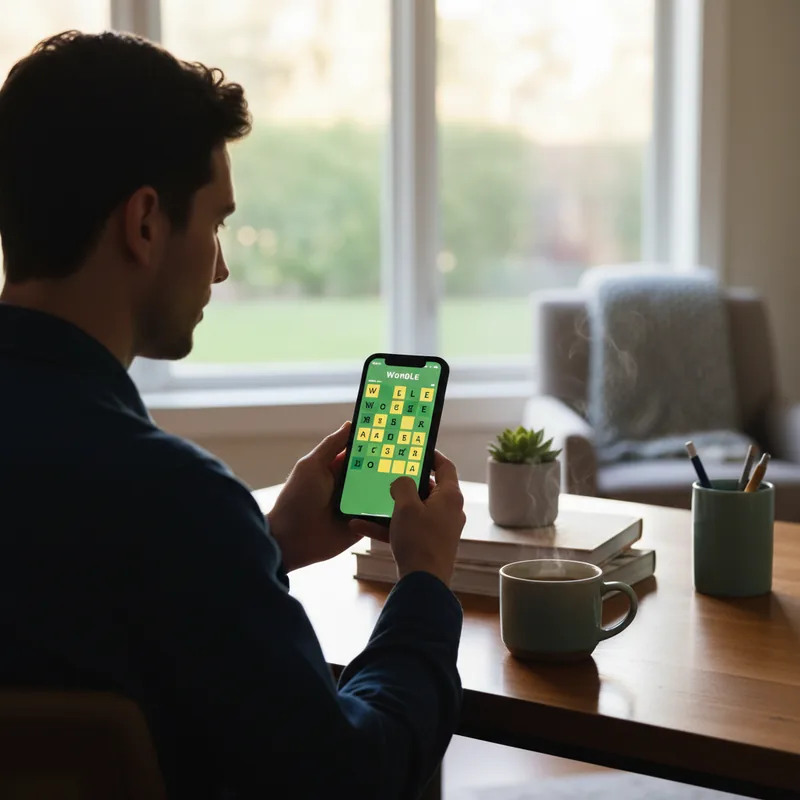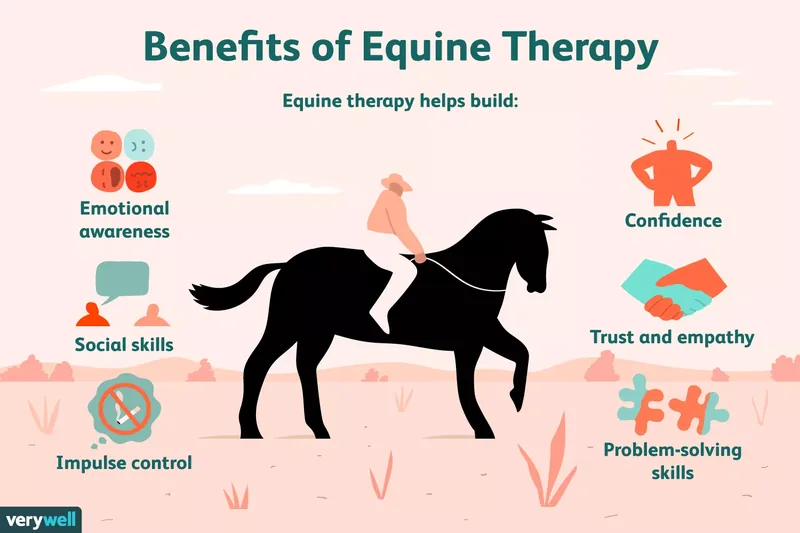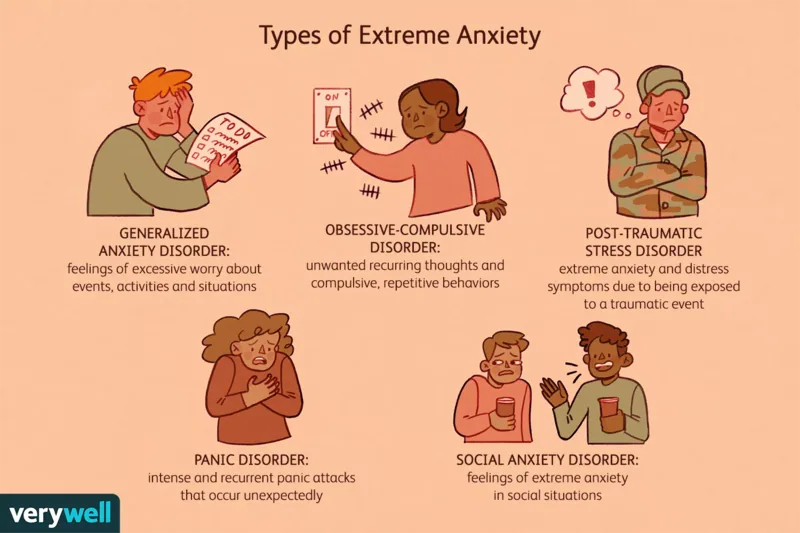Is It Stress or Anxiety? Decode the Key Differences
Understanding the crucial distinctions between stress and anxiety is key to managing your mental well-being effectively. While often confused, these states have different triggers, durations, and impacts. This expert guide will clarify the difference between stress and anxiety, empowering you to better identify your experiences and find appropriate support for a balanced MQA Lifestyle.
Why Distinguishing Stress from Anxiety Matters in 2025
Accurately identifying if you're experiencing stress or anxiety is the first step towards effective coping. Misunderstanding these states can lead to ineffective strategies, prolonging discomfort and potentially worsening mental health challenges. Experts consistently emphasize this distinction for targeted self-care and professional intervention, especially as societal pressures evolve.
Stress vs. Anxiety: The Core Differences
Both stress and anxiety activate the body's 'fight-or-flight' response, but their origins and nature diverge significantly. This table-like comparison highlights the key distinctions:
- Trigger: Stress typically has a specific, identifiable external cause (e.g., work deadline, conflict). Anxiety often lacks a clear, immediate trigger, or is an excessive, disproportionate reaction to minor concerns. Studies show anxiety can persist even after stressors are gone.
- Duration: Stress is usually short-lived, resolving once the specific challenge passes. Anxiety tends to be persistent, lasting for weeks or months, significantly impacting daily functioning.
- Focus: Stress focuses on present or immediate future demands, tied to a specific outcome. Anxiety involves broader, future-oriented dread, often imagining worst-case scenarios and feeling helpless.
- Symptoms: While there's overlap, stress often manifests as physical tension, headaches, and irritability. Anxiety frequently includes persistent restlessness, difficulty concentrating, sleep disturbances, and a pervasive sense of dread.
- Nature: Stress is a reaction to external pressure. Anxiety is an internal state of apprehension, often disproportionate to actual threats, becoming a constant companion.
When to Seek Professional Help for Stress or Anxiety
If your feelings of stress or anxiety are severe, persistent (lasting more than a few weeks), significantly impairing your daily life, or if you experience panic attacks or thoughts of self-harm, it's crucial to consult a mental health professional. They can provide an accurate assessment and guide you through effective, personalized treatment options.
Frequently Asked Questions
Q: Can stress turn into anxiety?
Yes, chronic or unmanaged stress can indeed evolve into anxiety. Prolonged exposure to stressors can sensitize the brain, making an individual more prone to developing generalized anxiety or even anxiety disorders over time.
Q: What are the physical symptoms of stress vs. anxiety?
While overlapping, stress often presents with muscle tension, headaches, fatigue, and digestive issues. Anxiety frequently includes heart palpitations, shortness of breath, restlessness, trembling, and a feeling of impending doom, often without a clear physical cause.
Key Takeaways
Understanding the difference between stress and anxiety is vital for mental health. Stress is a reaction to specific external pressures, while anxiety is often a persistent, generalized worry without a clear trigger. Recognizing these distinctions empowers you to apply appropriate coping mechanisms, seek timely professional support, and ultimately foster a more resilient and peaceful lifestyle. Remember, self-awareness is the first step towards effective management, helping you truly grasp if it's stress or anxiety impacting your life.









